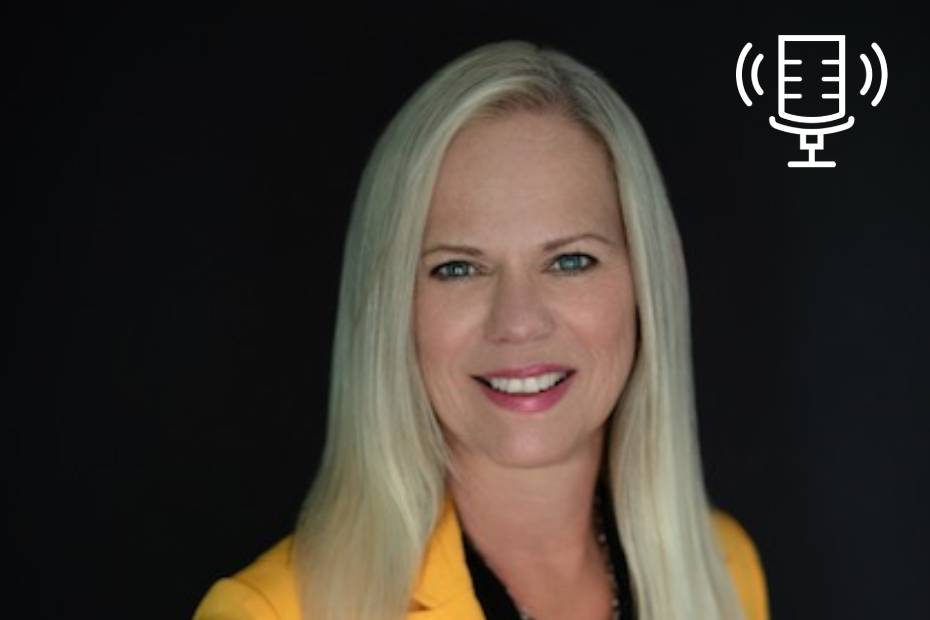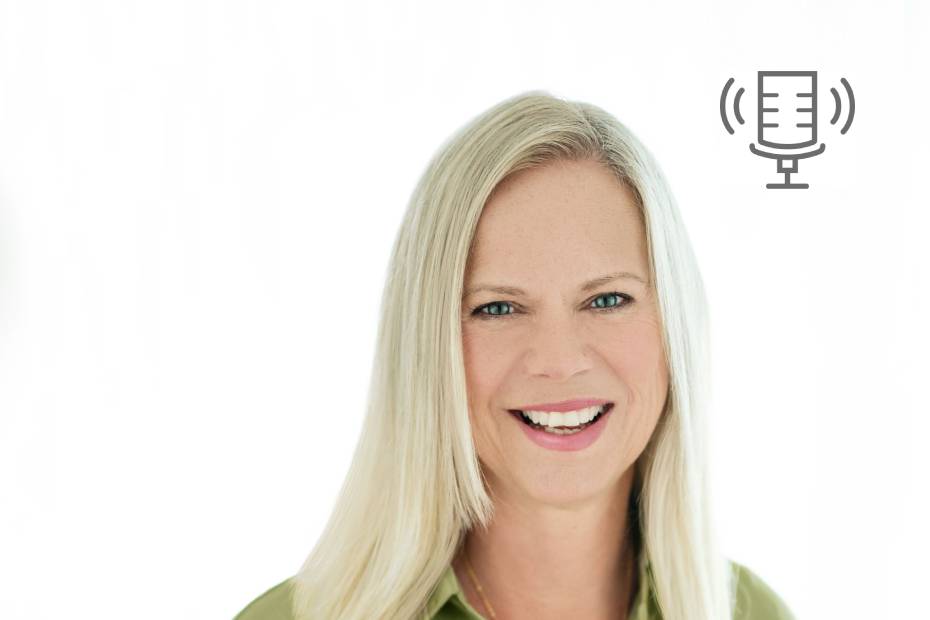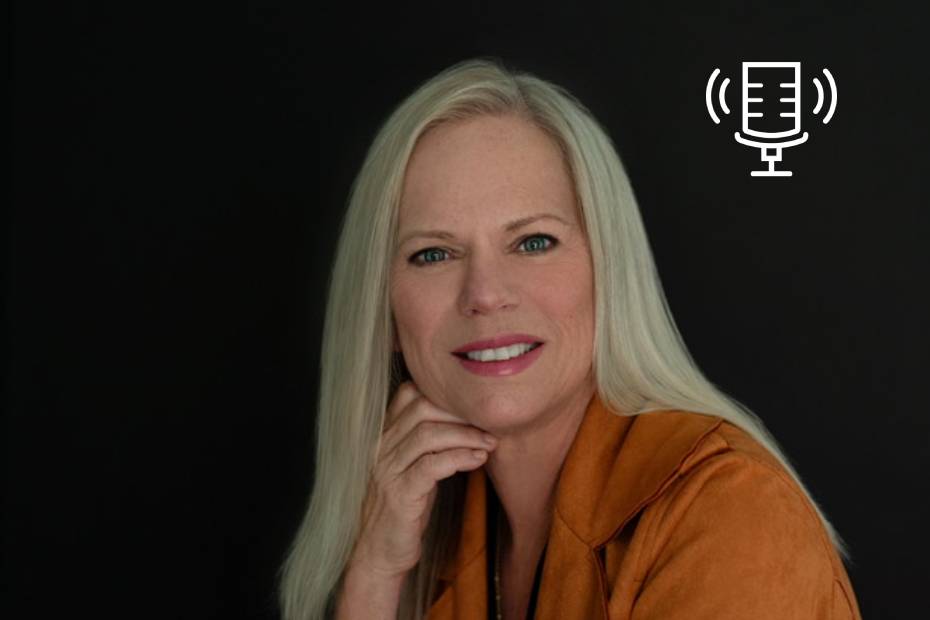It’s easy to spend money before you retire. In the years leading up to retirement, you may want to tackle some home renovations, take a vacation, or help out your children with education, housing or wedding expenses. And while you might expect to have ample resources available to pay off any debt you accumulate before retiring, life doesn’t always work out as planned.
The result can be a debt load that gets carried into retirement – a trend that is growing among Canadian seniors. In fact, a 2015 study from the credit firm Equifax says that seniors are increasing their debt loads at a much faster pace than the population at large. The same study indicates that this debt is becoming harder to pay off. Delinquency rates (when you’re 90 days or more behind on your bills) for Canadians aged 65 and up have risen for the first time in 5 years.
The challenging part about carrying debt into retirement is that it becomes harder to pay off balances. Your budget is more fixed, and money that you have saved up for your retirement is earmarked to cover your living expenses and what you had planned for your next 30 years.
If you are entering retirement with unexpected – or higher than anticipated – debt, there are ways to reduce the amount you owe. At the same time, it’s important to speak to the right people about the debt you have to effectively manage it going forward.
Retiring and Managing Debt in Retirement
You may have a long-standing vision of retirement – whether it involves travel, family time, winters down south or exploring a new hobby. You don’t want your debt to hang over you, causing anxiety and financial stress. Here are a few ways to reduce and manage your debt:
Make Debt Repayment a Priority
If you’re approaching retirement, focus on paying your debt off, including your mortgage if possible. It’s a good idea to get aggressive with your debt now, while you’re working, since it will be harder to pay it off once you retire. A good rule of thumb is to pay off highest interest rate debt first, followed by the next highest and so on.
Keep in mind, there is good debt and bad debt. For example, a mortgage on a rental property that is generating income isn’t the same as a large, post-vacation credit card balance.
Consolidate Your Debt
If you have high-interest rate debt – such as on your credit cards – or have balances in a few places, consolidating your debt can help you pay it down faster, allowing you to easily keep track of the progress you’re making.
Transferring and consolidating your high interest debt to a lower interest line of credit is one efficient way to lower the amount of interest you pay. A line of credit can also help with your cash flow, as your minimum monthly payments will be less than what you’re paying on a credit card (and in some cases, you only need to pay the interest on the amount outstanding each month). What’s more, once you pay down your line, you can use the available credit to cover other high interest debt or expenses, without having to get reapproved.
Want to see what your monthly interest-only line of credit payment would be? Try the line of credit payment calculator now.
A consolidation loan is another option to consider, as it consolidates your debt and combines your payments into one loan. It makes paying your debt simpler and gives you an end date – so you know exactly when you will be debt free.
This consolidation loan calculator can give you an idea of what your payments would be, and how it can reduce your overall interest costs
Downsize
If you own your home, chances are it has appreciated in value over time and can serve as a major retirement cushion for you.
By downsizing to a smaller, less expensive home, you can access the equity you built up in your current property, and use it to pay off your debt. Keep in mind, downsizing can take several forms – from purchasing a smaller home, buying a condo, or renting a house or apartment. Factor in home prices in the area you would like to live, the amount of equity you have in your current home, your debt obligation and cash flow requirements throughout retirement years to determine the best downsizing option to pursue.
Work Longer or Part-Time – If You Can
If your target retirement date is approaching and you still have debt to pay off, consider working longer to give yourself a debt-free retirement. Remember, paying off debt when you’re working is much easier to do versus once you retire.
If full-time employment isn’t possible or appealing at this stage, consider part-time or seasonal work to help with cash flow and debt repayment. Many retired Canadians also find ways to turn a favourite hobby into an income. Hobbies such as knitting, painting, writing or gardening are examples of potential retirement careers. Love to travel? Tour companies are often looking for bloggers and photographers to contribute to their websites.
Have a Debt Repayment Plan
Your retirement budget will be a relatively fixed amount, based on the income sources you will be drawing from. It’s important to determine what your debt repayments will be and have a timeline for paying off your debt so that you can be debt-free as early as possible in retirement.
While you're putting your plan together, it's a good time to look for ways to reduce your discretionary spending – such as dining out, shopping and entertainment.
Who to Talk to About Managing Debt in Retirement
Carrying debt can weigh on you, even more so when you don’t see a clear path to repayment. Communicating with the right people can help you manage the emotional and financial sides of debt, providing peace of mind.
Your Spouse
Retiring with debt can put a strain on relationships – especially if the debt is unexpected or higher than you had originally planned. Be sure to work together and get on board with a plan that you’re both comfortable with when it comes to paying it off.
Your Family
Retiring debt free – or effectively managing your debt in retirement – may mean making some sacrifices where your family is concerned. For example, you may not be in a position to help children fund post-secondary school, put money towards a down payment, or buy a bedroom set for your new grandchild. While you don’t need to disclose your financial details, let your family know that you can help in other ways, but that a healthy retirement depends on spending less.
A Financial Advisor
Your options for paying off your debt in retirement may come with some significant lifestyle decisions. Working with an advisor who can help you determine the best course of action – with the best result for your retirement – will ensure you’re on the right path towards being debt-free.
A Credit Counselor
If debt is a recurring problem in your life, it’s worth speaking with a professional credit counselor who can help you manage not only your debt but the habits and pitfalls that commonly lead you to this situation. Credit Canada Debt Solutions is a non-profit charity, providing free credit counseling and debt help, including money management workshops and budgeting seminars. They’re a great place to start if you’re struggling with ongoing debt.
If retiring with debt is a likely scenario for you, there are ways to reduce and manage what you owe, without undoing all of your retirement plans. Making some conscious decisions about debt repayment and expense management, and keeping key lines of communication open can go a long way towards being debt free in retirement.
Retiring with debt? It may be time to revisit your financial plan.
This article is intended as general information only and is not to be relied upon as constituting legal, financial or other professional advice. A professional advisor should be consulted regarding your specific situation. Information presented is believed to be factual and up-to-date but we do not guarantee its accuracy and it should not be regarded as a complete analysis of the subjects discussed. All expressions of opinion reflect the judgment of the authors as of the date of publication and are subject to change. No endorsement of any third parties or their advice, opinions, information, products or services is expressly given or implied by Royal Bank of Canada or any of its affiliates.



















